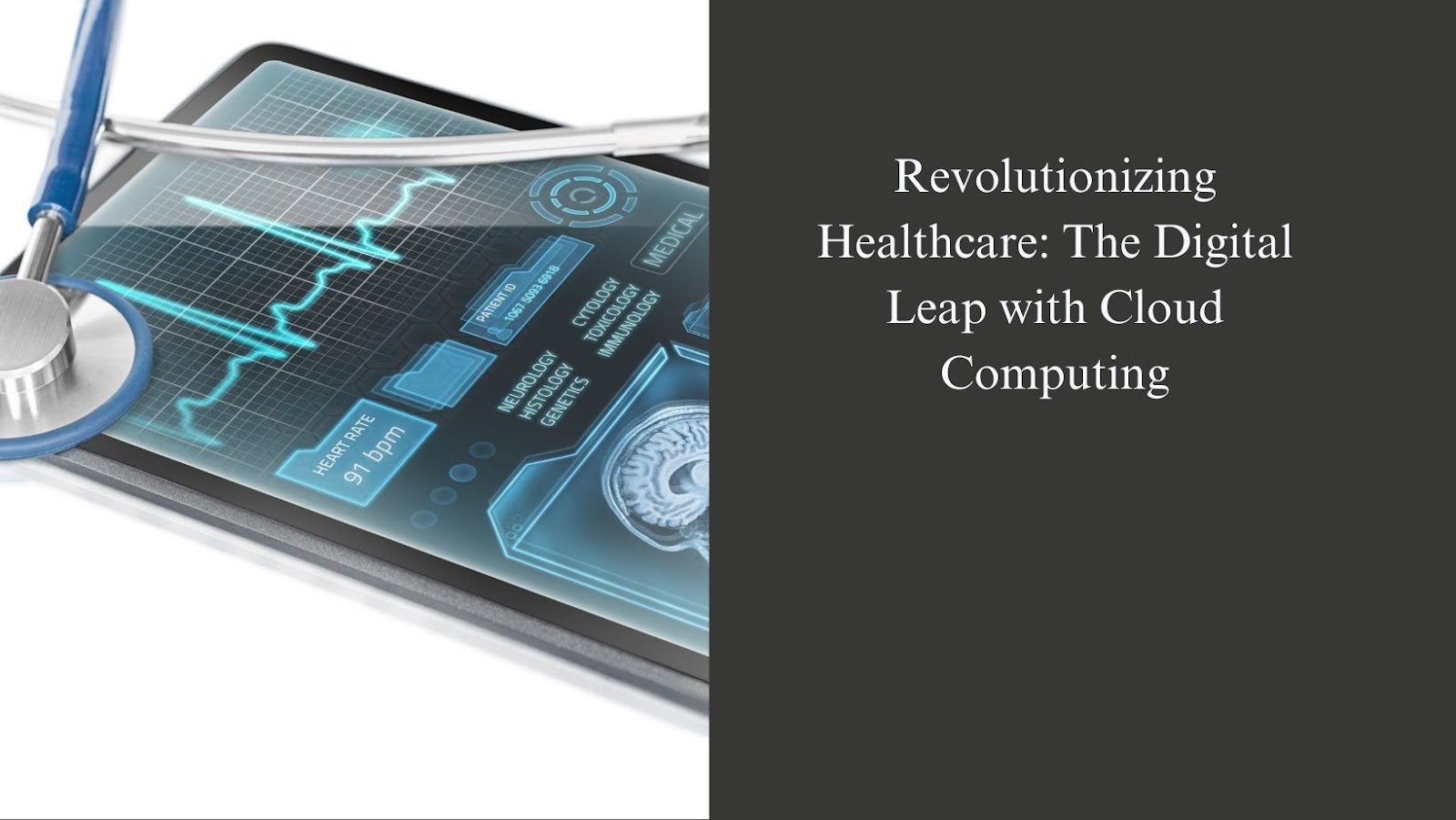The adoption of cloud computing in healthcare is ushering in a transformative era, redefining patient care and operational efficiency. Viswaprakash Yammanur, a distinguished expert in digital transformation, explores the integration of cloud-based solutions and emerging technologies that are modernizing healthcare delivery.
The Shift to Cloud Infrastructure
The transition from traditional healthcare IT systems to cloud-based infrastructure marks a pivotal change in healthcare management. Cloud computing enables organizations to scale their operations efficiently without the limitations of physical infrastructure. With service models such as Infrastructure as a Service (IaaS), Platform as a Service (PaaS), and Software as a Service (SaaS), healthcare providers can securely store patient records, streamline workflows, and improve interoperability.
Moreover, security and compliance remain at the forefront of cloud integration. Adopting end-to-end encryption, multi-factor authentication, and AI-driven threat detection mechanisms ensures that patient data remains protected while maintaining accessibility across healthcare networks. Cloud-based solutions also facilitate seamless integration with legacy systems, allowing organizations to modernize their operations without disrupting existing workflows.
Harnessing Data for Smarter Healthcare
Cloud computing is revolutionizing data management in healthcare by enabling centralized electronic health records (EHRs). Blockchain technology has further enhanced the security and integrity of patient data, preventing unauthorized modifications and ensuring data accuracy.
Real-time data sharing has become a game-changer in patient care, particularly in emergencies. Instantaneous access to medical histories, prescriptions, and allergy records allows healthcare providers to make informed decisions swiftly, potentially saving lives. Additionally, predictive analytics is shaping the future of proactive healthcare by identifying potential disease outbreaks and optimizing resource allocation based on historical data patterns.
Automation: The Backbone of Operational Efficiency
Automation is streamlining administrative and clinical processes, reducing manual workload, and improving accuracy in healthcare operations. From patient registration to discharge, automated workflows minimize delays and ensure seamless care transitions. Cloud-driven automation also enhances billing and insurance claims processing, significantly reducing errors and improving revenue cycle management.
Micro-automation tools are further optimizing hospital resource utilization. Automated inventory management and intelligent scheduling systems help predict demand, ensuring that medical supplies and staff allocation are efficiently managed. These advancements not only lower operational costs but also improve patient experience by reducing wait times and enhancing service delivery.
Telehealth and Remote Care: A New Frontier
The rise of cloud-based telehealth platforms is redefining accessibility in healthcare. Virtual consultations, remote diagnostics, and AI-powered virtual assistants enable healthcare professionals to deliver high-quality care regardless of geographic location. The integration of Internet of Things (IoT) devices with cloud computing has further expanded remote patient monitoring, allowing for continuous tracking of vital health metrics.
For rural and underserved populations, telehealth solutions provide life-saving interventions without requiring physical visits to healthcare facilities. By leveraging cloud-enabled mobile applications, patients can access medical expertise and receive timely interventions, reducing the burden on healthcare infrastructure while improving health outcomes.
Looking Ahead: Future Innovations in Healthcare Cloud Computing
The future of healthcare cloud computing holds promising developments, from AI-driven clinical decision support systems to quantum computing applications in medical research. Advanced genomic analysis and personalized medicine will benefit from cloud-enabled computational power, driving precision healthcare to new heights.
However, challenges remain, particularly in ensuring widespread adoption and addressing technical skill gaps among healthcare professionals. Strategic implementation, continuous training, and adherence to regulatory frameworks will be critical in maximizing the benefits of cloud computing in healthcare.
In conclusion, the integration of cloud computing in healthcare represents a defining moment in digital transformation, enhancing efficiency, security, and accessibility in patient care. By embracing advanced data analytics, automation, and telehealth solutions, healthcare providers can optimize operations and improve outcomes on a global scale. As this evolution unfolds, industry leaders like Viswaprakash Yammanur continue to drive innovation, shaping a future where technology and healthcare merge to create a more connected, efficient, and patient-centric ecosystem.



































